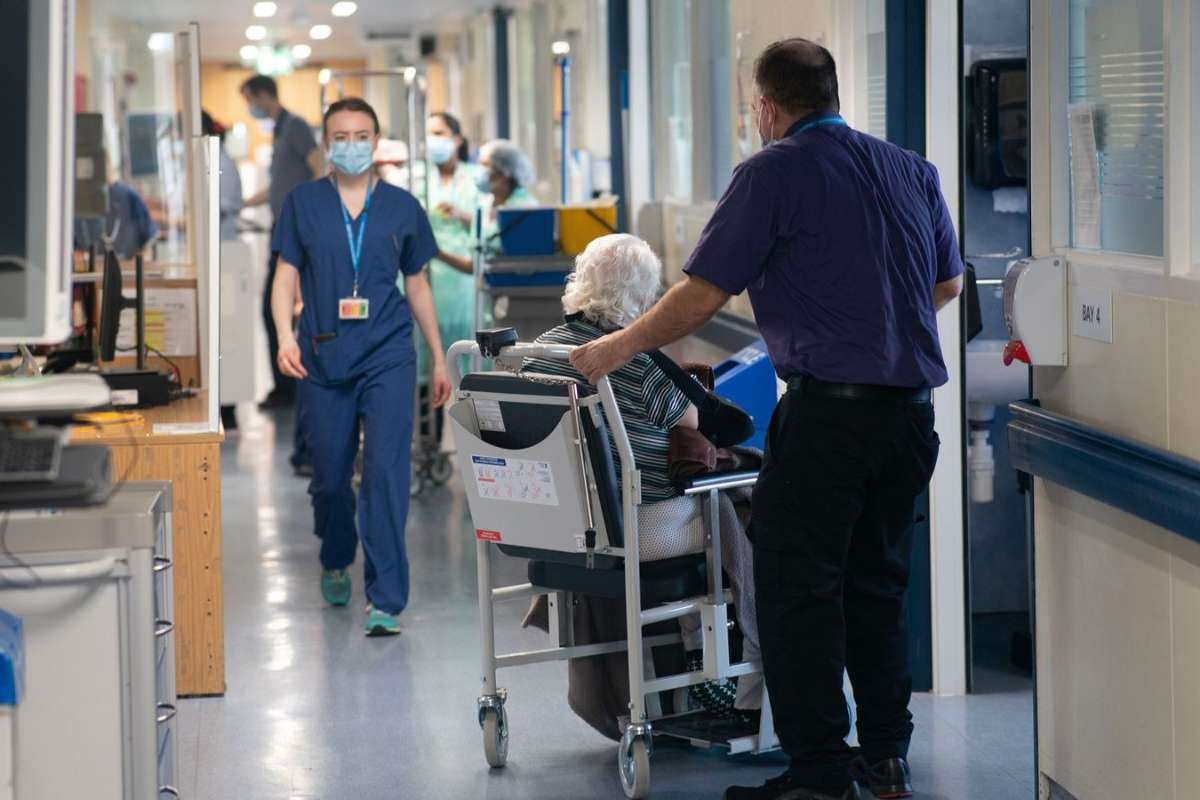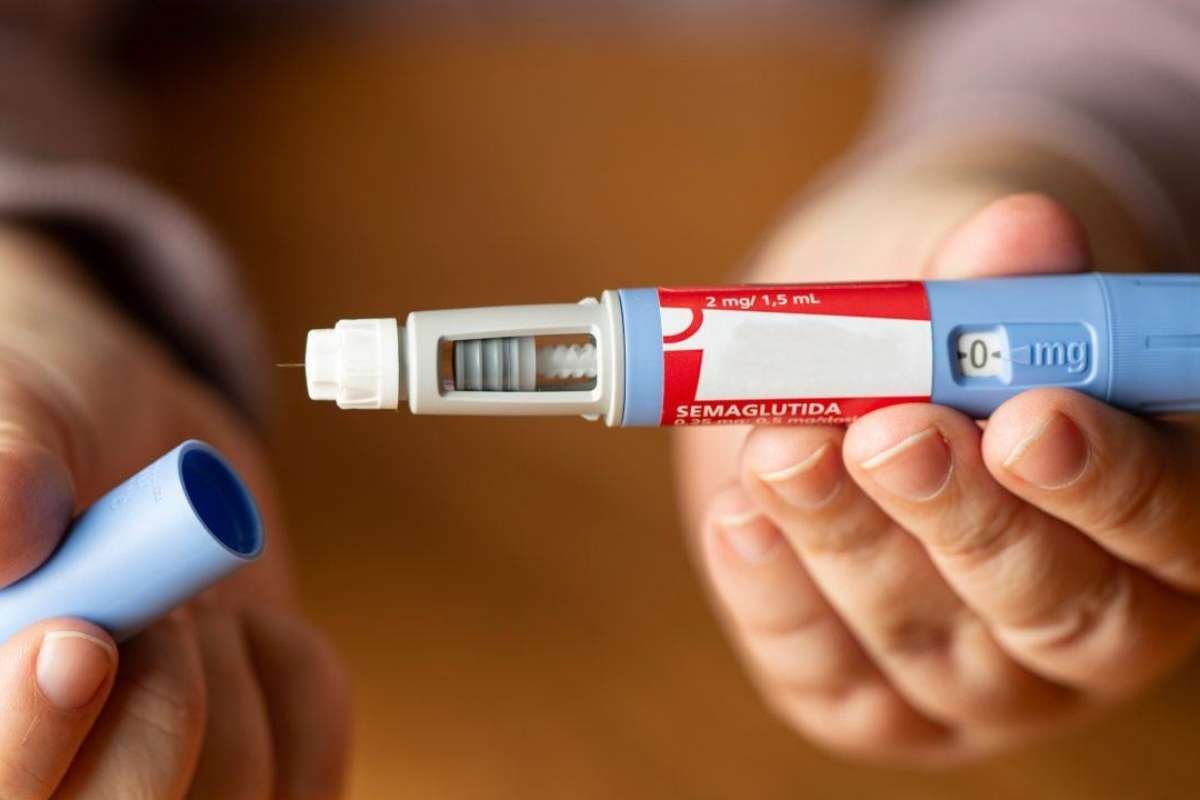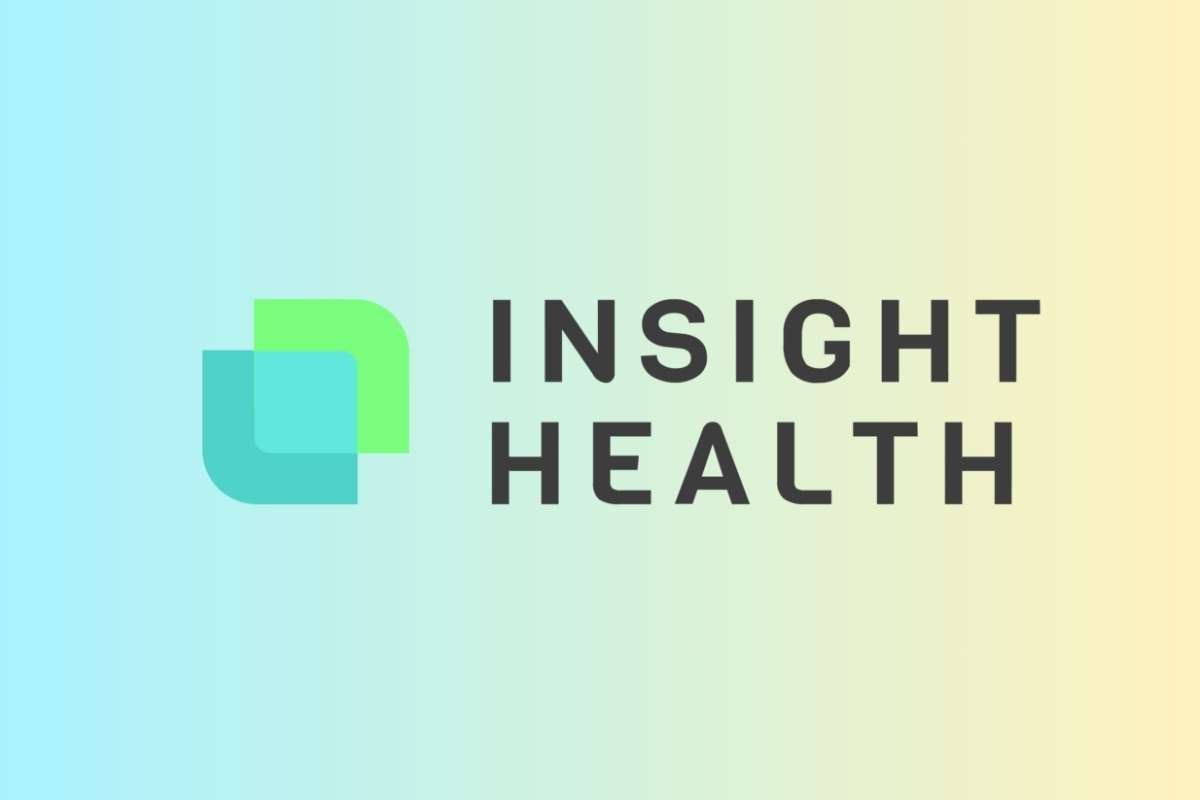Primary care physicians are the cornerstone of the healthcare system, providing essential medical services and serving as the first point of contact for patients. In this comprehensive guide, we will delve deeper into the role and importance of primary care physicians, exploring their scope of practice, the services they offer, and their impact on patient outcomes and population health.
The Role of Primary Care Physicians:
Preventive Care and Health Promotion:
- They focus on preventive healthcare measures aimed at reducing the risk of illness and promoting overall well-being.
- They conduct routine screenings, such as mammograms, Pap smears, and prostate exams, to detect cancer and other diseases early when treatment is most effective.
- Primary care physicians provide immunizations to prevent infectious diseases and offer counseling on healthy lifestyle behaviors, including diet, exercise, smoking cessation, and stress management.
Diagnosis and Treatment of Acute and Chronic Conditions:

- They diagnose and treat a wide range of acute and chronic medical conditions, including respiratory infections, gastrointestinal disorders, diabetes, hypertension, and depression.
- They perform comprehensive medical evaluations, order diagnostic tests, and develop individualized treatment plans tailored to each patient’s needs and preferences.
- Primary care physicians prescribe medications, perform minor surgical procedures, and provide referrals to specialists when necessary for specialized care.
Chronic Disease Management and Care Coordination:
- Primary-care physicians play a crucial role in managing chronic diseases such as diabetes, heart disease, asthma, and arthritis.
- They monitor patients’ health status, adjust medications, and provide ongoing support and counseling to help patients manage their conditions and improve their quality of life.
- Physicians coordinate care across multiple healthcare settings, ensuring seamless transitions between providers and facilitating collaboration with specialists, hospitals, and other healthcare professionals.
Mental Health and Behavioral Health Services:
- Primary-care physicians address mental health and behavioral health issues, including anxiety, depression, substance abuse, and eating disorders.
- They conduct screenings for mental health conditions, provide counseling and psychotherapy, and prescribe medications when appropriate.
- Physicians collaborate with psychologists, psychiatrists, social workers, and other mental health professionals to deliver comprehensive care and support to patients with mental health needs.
Women’s Health and Reproductive Health Services:
- They provide comprehensive women’s health services, including family planning, prenatal care, and gynecological exams.
- They offer contraceptive counseling, perform Pap smears and pelvic exams, and manage common gynecological conditions such as menstrual disorders and menopause-related symptoms.
- Primary-care physicians also address reproductive health issues, including infertility, sexually transmitted infections (STIs), and sexual dysfunction, and provide referrals to specialists for specialized care when needed.
Geriatric Care and Aging-related Services:

- They specialize in caring for older adults and addressing age-related health concerns.
- They conduct geriatric assessments, evaluate cognitive function, and manage chronic conditions commonly seen in older adults, such as dementia, osteoarthritis, and falls.
- Primary-care physicians provide end-of-life care, advance care planning, and palliative care to patients with serious illnesses and their families, focusing on comfort, dignity, and quality of life.
The Importance of Primary Care Physicians:
Accessibility and Continuity of Care:
- They are readily accessible to patients, offering same-day appointments, extended office hours, and after-hours care to address urgent medical needs.
- They establish long-term relationships with patients, providing continuity of care and personalized attention that fosters trust, rapport, and patient satisfaction.
- Primary-care physicians serve as the first point of contact for patients, coordinating care across multiple healthcare settings and ensuring seamless transitions between providers.
Cost-Effective Care and Healthcare Utilization:
- Primary care is associated with lower healthcare costs, reduced hospital admissions, and fewer emergency department visits, making it a cost-effective model for healthcare delivery.
- By emphasizing preventive care, early intervention, and chronic disease management, primary care physicians help prevent costly complications, reduce healthcare spending, and improve health outcomes.
- Primary-care physicians help optimize healthcare utilization by directing patients to the most appropriate level of care, promoting evidence-based practices, and minimizing unnecessary tests and procedures.
Patient-Centered Care and Shared Decision-Making:

- They prioritize the needs and preferences of patients, engaging them as active participants in their healthcare decisions.
- They consider patients’ values, beliefs, and cultural backgrounds when developing treatment plans, ensuring care that is respectful, compassionate, and patient-centered.
- Primary-care physicians foster shared decision-making, encouraging patients to participate in treatment discussions, ask questions, and voice their concerns, leading to better-informed decisions and improved health outcomes.
Population Health Management and Health Equity:
- Primary-care physicians play a vital role in population health management, addressing health disparities, promoting health equity, and improving health outcomes for diverse patient populations.
- They identify and address social determinants of health, such as socioeconomic status, education, and access to care, that impact patients’ health and well-being.
- It advocate for policies and programs that address the root causes of health disparities, reduce barriers to care, and promote health equity for all individuals and communities.
Conclusion:
Primary care physicians are essential providers of comprehensive, patient-centered care that addresses the full spectrum of health needs across the lifespan. By emphasizing preventive care, chronic disease management, and coordinated care, primary-care physicians help improve health outcomes, reduce healthcare costs, and promote overall well-being for individuals and communities. As advocates for their patients, primary care physicians play a vital role in promoting health equity, addressing health disparities, and ensuring access to high-quality, affordable healthcare for all.










